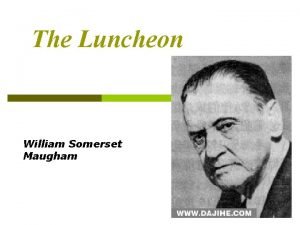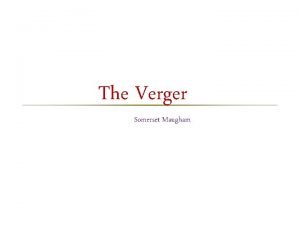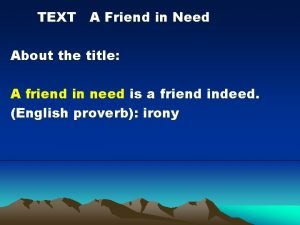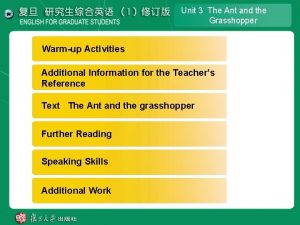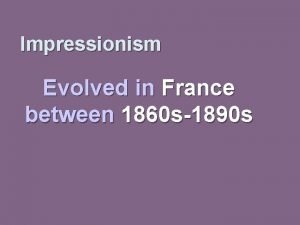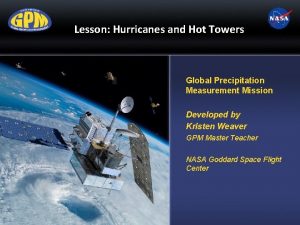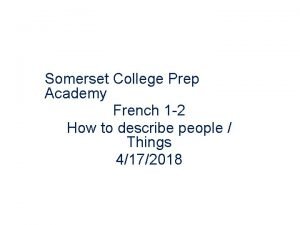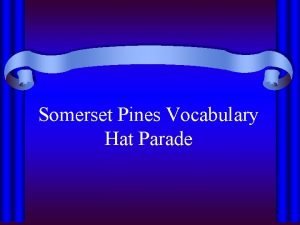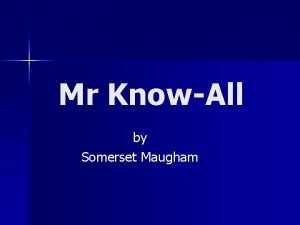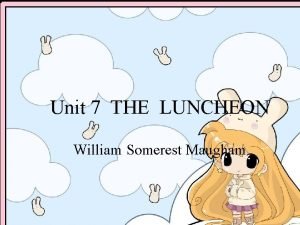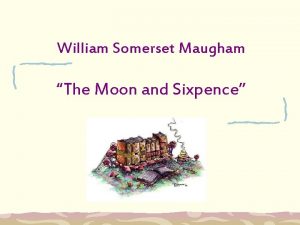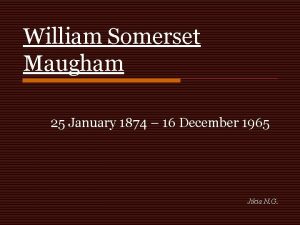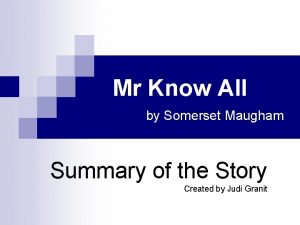Les 4 2 The Luncheon William Somerset Maugham












- Slides: 12

Les 4. 2 The Luncheon - William Somerset Maugham


addressed unwise luncheon insist generously

1. The woman unnecessary laughs too much. 2. The author ordered cheapest dish for himself. 3. The author decided to leave his watch if he is unable to pay the bill. 4. The author paid an inadequate tip of three francs as he didn’t have enough money left and got a mean look from the woman. 1. She gave me the impression of having more teeth, white and large. 2. I chose the cheapest dish on the menu and that was a mutton chop. 3. Then, the only thing would be to leave my watch and say I would come back and pay later. 4. Her eyes rested for an instant on the three francs I left for the waiter and I knew that she thought me mean.

When the menu was brought and the order was to be placed. When the writer met the lady at a play after twenty years. When the lady told the writer that one should get up from meal feeling one could eat little more. When the writer ordered a mutton chop dish. As writer was angry and had no money left to buy food for dinner.

Ans a. Twenty years ago the Ans b. The reason for using writer had to pay a huge bill such expressions is that the as the lady had ordered many writer was afraid and expensive dishes. Today after anxious as he had limited twenty years the writer feels money and the lady kept on that the revenge is taken as ordering expensive dishes. she weighed twenty-one He was worried if the bill stone due to her careless would be huge what would eating habits. he do and pay the bill. Ans c. 1. I never eat anything for luncheon. 2. No I never eat asparagus. 3. One should always get up from the meal feeling one could eat a little more. 4. Follow my example and never eat more than one thing for luncheon. Ans d. The irony and humour derives from the fact that the writer’s income is meagre but has to see his guest eat expensive dishes while he has to satisfy with mutton chop. The guest also denies eating anything for luncheon and later on telling that she ate only one thing but devours six expensive dishes. She also advises the writer not to overload his stomach by eating mutton chop and must have ony

Modest inadequate cheapest Barely enough great deal higher could manage well enough 9 1 2 8 5 6 3 7 4 10

1. I never eat anything for luncheon. 2. I don’t believe in overloading my stomach. 3. I will eat nothing for dinner tonight. 1. I do not eat anything for luncheon. 2. I don’t overeat. 3. I won’t eat anything for dinner. 1. She eats only expensive and exclusive dishes for luncheon. 2. The writer’s mutton chop was a heavy and unhealthy dish. 3. He didn’t have money to buy food.

overload startled Caught sight of watered passing

a a an the s Luncheon, watch, restaurant, coffee, appearance, apartment, moment Sank, brought, afford, started Modest, large, expensive, practical Generously, brightly, thoroughly

at in by on from for in of in since from to for of after to near to along with At for up near

Ant
 Irony in the luncheon
Irony in the luncheon Rearrange the words in correct order
Rearrange the words in correct order The verger somerset maugham
The verger somerset maugham A friend in need text
A friend in need text How did the verger treat his gowns
How did the verger treat his gowns Mr. know-all w. somerset maugham
Mr. know-all w. somerset maugham The verger lesson
The verger lesson Traits of impressionism
Traits of impressionism Luncheon of the boating party analysis
Luncheon of the boating party analysis Somerset point pinopolis sc
Somerset point pinopolis sc Ixl pblhs
Ixl pblhs Somerset college prep
Somerset college prep Vocabulary parade ideas
Vocabulary parade ideas
